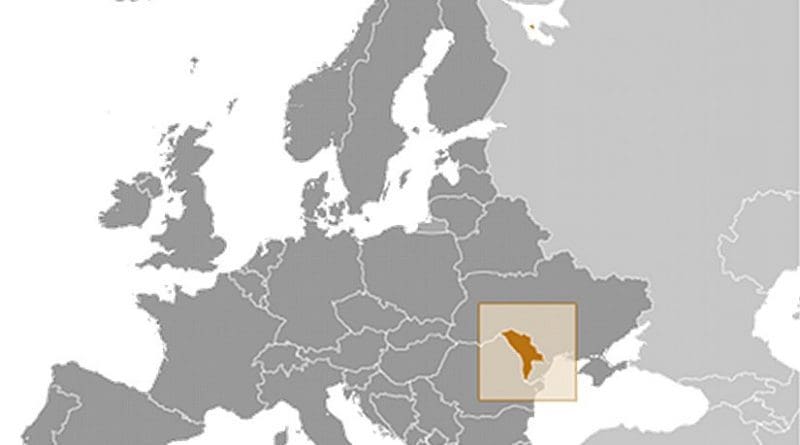Moldovan Election Didn’t Mark Turning Point Moscow Hoped For – OpEd
By Paul Goble
Because the pro-Western party that had dominated the Moldovan parliament lost support and a pro-Moscow one garnered the largest number of votes, some in Moscow celebrated the outcome of parliamentary elections in Moldova as a triumph for Russia.
But even Russian analysts quickly pointed out that the elections did not represent the turning point in that former Soviet republic Moscow and pro-Russian Moldovan president Igor Dodon hoped for. Instead, the pro-Western parties, now in a coalition, will continue to dominate the situation there (nakanune.ru/news/2019/2/25/22534010/).
As Russian political analyst Maksim Zharov pointed out, the socialists celebrated victory “too early” as the outcome of the vote “will not change the political course” in Chisinau. Instead, the standoff between the parliament, which has been looking West toward the EU and NATO, and the president who looks East toward Moscow, seems likely to continue.
Konstantin Zatulin, the deputy chairman of the Russian Duma’s committee for CIS Affairs, Eurasian Integration and Ties with Compatriots, was even more blunt: “The results of the elections in Moldova did not justify the hopes which a part of the Russian political elite laid on Moldovan President Igor Dodon (regnum.ru/news/2580031.html).
The Russian deputy says that he has the impression that “some of us, I hope not at the highest level, have made of Dodon an idol. This must not be done in any case. In the past in other countries we have had our idols in which we have then been cruelly disappointed. The entire history of our work in Ukraine is a history of our fallen idols.”
“Kravchuk and Yanukovich with a pause in the form of Yushchenko” shows this, as “we know how all these histories end. Dodon is no better and no worse than these.” Indeed, despite Russian hopes, his position on Transdniestria, which is so important to Moscow, is “no different from other politicians of Moldova.
The crux of Zatullin’s argument is that Moscow assumes it can rely on the presidents of the former Soviet republics to do its bidding, forgetting that they in many cases operate in political systems that are far more dependent on the will of the people as expressed in competitive politics than is Russia.
Such projections by Moscow of the Russian situation on others may be appropriate in some countries in Central Asia, the Caucasus, and Belarus; but they get in the way of developing a more serious and long-term Russian policy everywhere else. The vote in Moldova yesterday is simply another confirmation of this.

